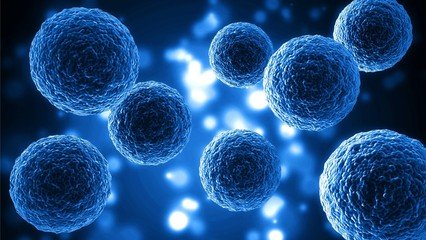
Human Fetal Tissue Research
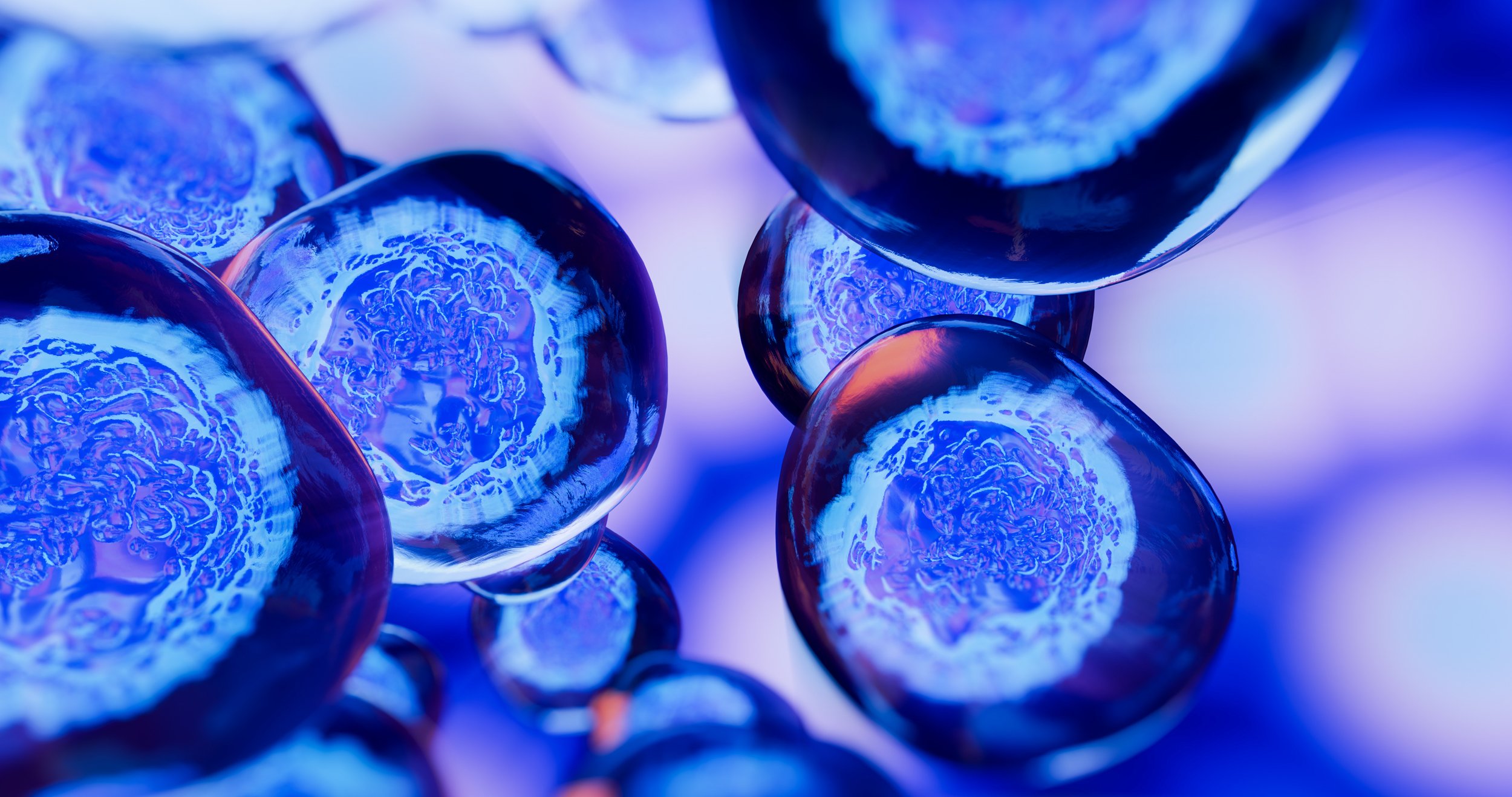
Types of Stem Cell Treatments
A stem cell treatment uses stem cells or the specialized cell types that come from stem cells to replace or repair a patient’s cells or tissues that are damaged or absent. Explore approved stem cell treatments and the dangers of unproven stem cell treatments here.
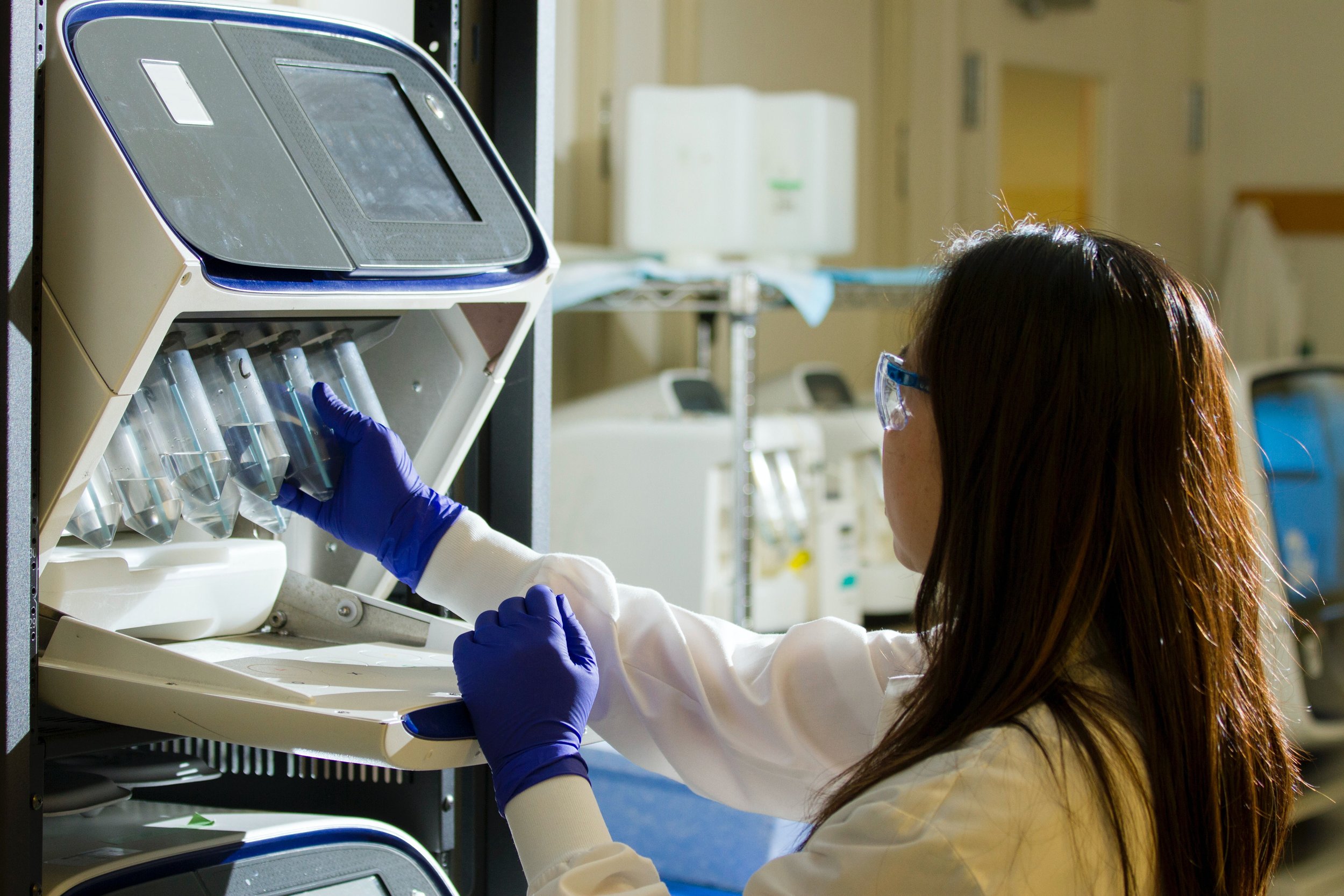
Donating Cells for Research
To understand human disease, researchers must study human cells. While studying cells in the human body presents practical and ethical limitations, donated cells can be studied more easily in a controlled laboratory environment. Learn the processes, considerations, and ways of stem cell donation.
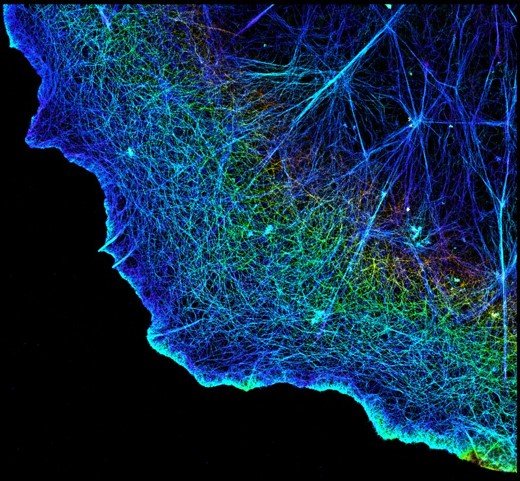
Emerging Research
Explore some of the latest research innovations, including organoids, chimeras, and embryo models, and how they are being used to better understand and model development and disease. Ultimately, these advancements aim to lead to innovative therapies that can improve human health.

Donating Tissues & Biopsies for Research
A biopsy is a sample of tissue or cells that has been removed from the body, primarily to diagnose or treat a disease. By studying donated healthy and diseased tissue samples, researchers learn different aspects of disease across the human population. These studies also allow researchers to address important questions about normal cell behavior and how cells transform and malfunction.

Clinical Trials: Terms to Know
Explore terms to know related to stem cell clinical trials.
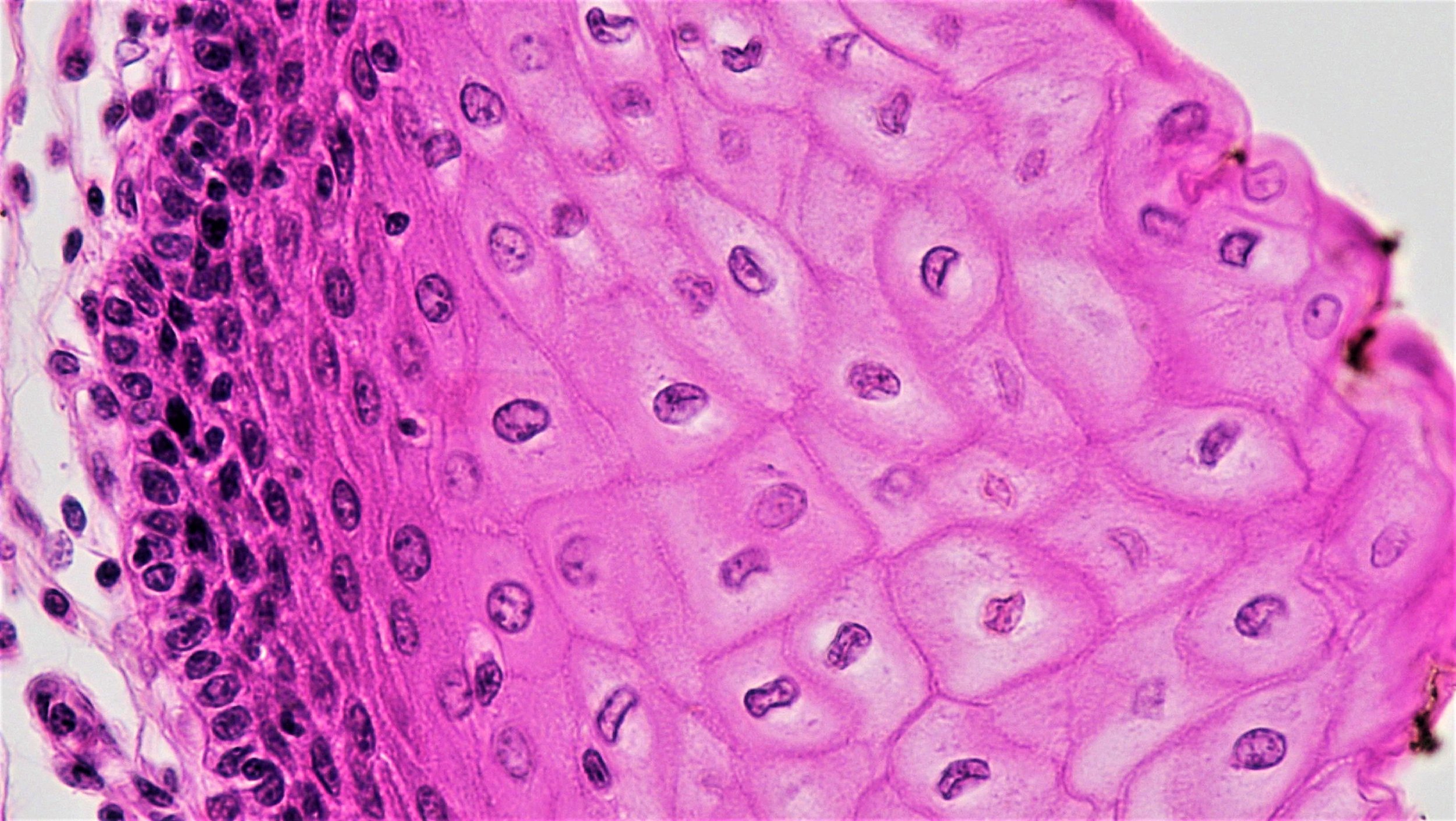
Stem Cell Treatments: Terms to Know
Explore terms to know when it comes to stem cell treatments.
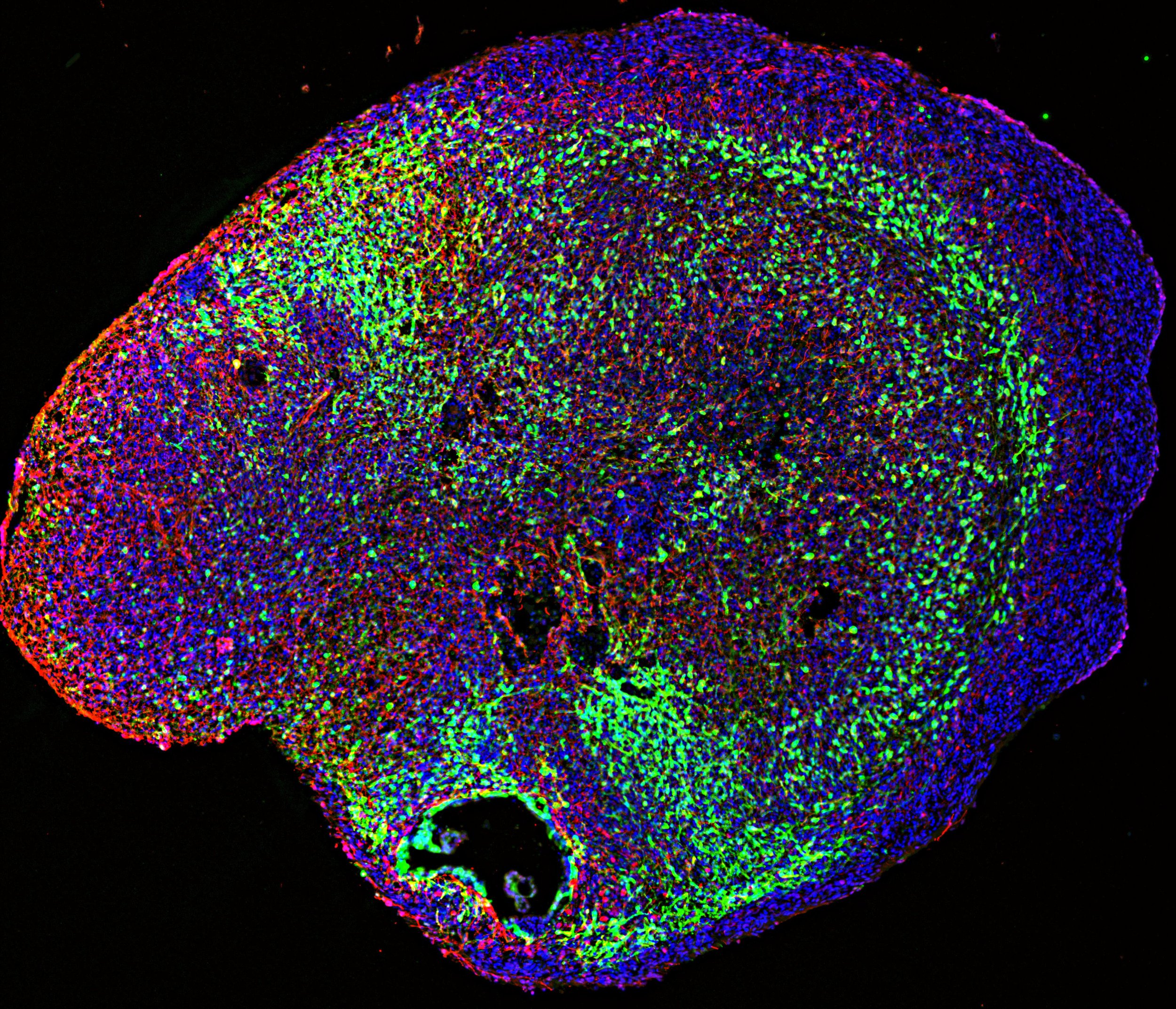
Organoids
Organoids are self-organized 3-D structures that are typically derived from stem cells and mimic aspects of the key functional, structural, and biological complexity of an organ. Explore how these models are used in stem cell research for human health and disease.

Donating Blood Stem Cells
Learn about donating, collecting, and transplanting blood stem cells to help treat specific diseases here.
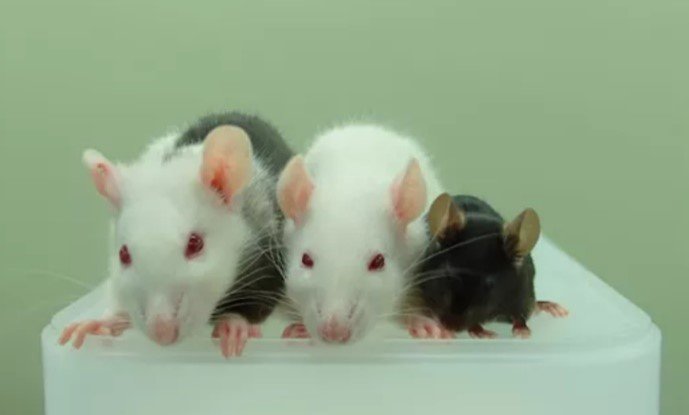
Chimeras
Chimeras are persons or animals that have some living cells in their body that came from another person or animal. Discover how chimeras are used in research and the future potential of this scientific method to treat diseases.

9 Things to Know About Stem Cell Treatments
Stem cells have tremendous promise to help us understand and treat a range of diseases, injuries and other health-related conditions. Explore our nine essential things to know about stem cell treatments.

Cell Banking
Explore how stem cells are banked, personal considerations, and recommendations if you choose to bank your cells.

Unproven Stem Cell “Treatments”
Be aware of the dangers of unproven stem cells treatments. Explore what to look out for and considerations when researching stem cell treatments.

Cord Blood & Uses to Treat Disease
Learn about the science, research applications, and ways that cord blood stem cells are used to treat diseases here.

Mitochondrial Replacement Therapy (MRT)
Mitochondrial Replacement Therapy or MRT aims to prevent faulty mitochondria, the root of the disease, from being passed on from mother to child. Explore the latest research for MRT here.

What should I ask before considering an unproven stem cell “treatment?”
Discover a list of questions you can ask yourself and your health care provider when considering an unproven stem cell "treatment".

What should I be cautious about if I am considering an unproven stem cell “treatment?”
This description will be automatically generated by search engines. To override that description, enter one below.

Informed Consent Form
If you are offered an investigational stem cell treatment as part of a clinical trial or an unproven stem cell “treatment” outside of a clinical trial you should receive an Informed Consent Form or Treatment Consent Form. Learn more about this form and what to expect here.

What should I ask when considering taking part in a clinical trial?
Explore a list of questions and safety considerations you should ask yourself when considering taking part in a clinical trial.

How to report false marketing claims and adverse events from clinics offering unapproved stem cell “treatments”
The marketing and administration of unproven stem cell “treatments” raises major ethical concerns and jeopardizes the safety of patients. Explore how to report these unproven treatments here.
